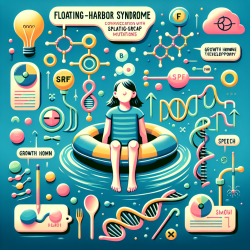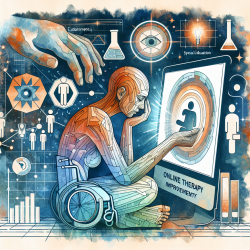Understanding the Impact of Harsh Physical Punishment on Child Development
As professionals dedicated to the well-being of children, it is crucial to understand the long-term effects of disciplinary methods. Recent research has shed light on the alarming correlation between harsh physical punishment in childhood and increased risks of child maltreatment and intimate partner violence (IPV) in adulthood.
The Research Findings
The study, titled "The relationships between harsh physical punishment and child maltreatment in childhood and intimate partner violence in adulthood," utilized data from the National Epidemiologic Survey on Alcohol and Related Conditions, involving a representative sample of 34,402 U.S. adults. The findings reveal a significant association between harsh physical punishment (such as pushing, grabbing, shoving, hitting, or slapping) and increased odds of various forms of child maltreatment and IPV in adulthood.
Key Outcomes
- Children who experienced harsh physical punishment were more likely to face emotional abuse, sexual abuse, physical abuse, physical neglect, emotional neglect, and exposure to IPV.
- There is a notable increase in the likelihood of IPV perpetration, victimization, and reciprocal violence in adulthood among those who faced harsh physical punishment as children.
Implications for Practitioners
For practitioners, these findings underscore the importance of advocating for non-violent disciplinary methods. Understanding the potential for harsh physical punishment to escalate into more severe forms of maltreatment and violence is crucial for developing effective prevention strategies.
Practitioners should:
- Educate parents and caregivers about the negative impacts of physical punishment and promote positive parenting techniques.
- Implement programs that support families in adopting non-violent disciplinary approaches.
- Encourage further research into the long-term effects of disciplinary methods to inform policy and practice.
Conclusion
By understanding and addressing the link between harsh physical punishment and future violence, practitioners can play a vital role in breaking the cycle of abuse and fostering healthier, safer environments for children. This research highlights the need for a shift towards positive parenting practices and comprehensive prevention strategies.
To read the original research paper, please follow this link: The relationships between harsh physical punishment and child maltreatment in childhood and intimate partner violence in adulthood.










